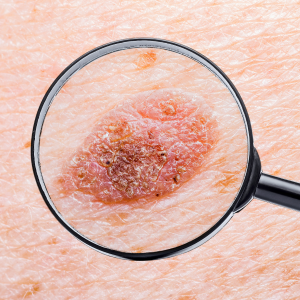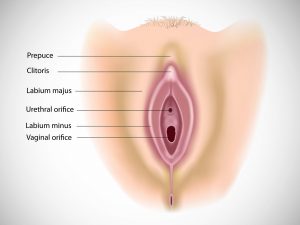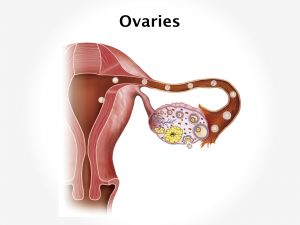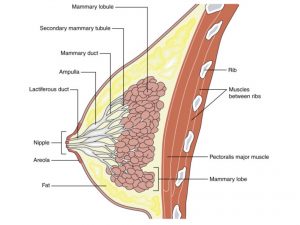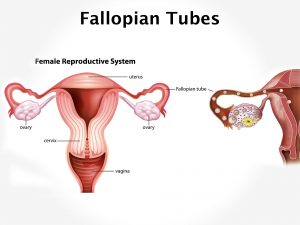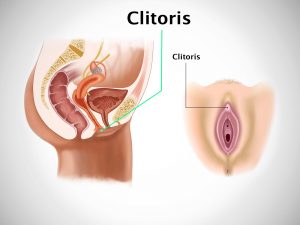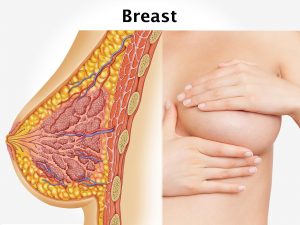Causes and risk factors
It is more common in women. Women in premenopausal age are at high risk [40 to 50 years]. The exact cause of LCIS is unknown. It is found to be caused due to genetic mutations in the DNA of lobular cells of the breast. It can be inherited. There are some risk factors which are associated with the disease like overweight women, close relatives with breast cancer, past history of breast cancer, past history of non-cancerous lumps, dense breast tissue, women on hormones replacement therapies, women with early menarche or late menopause, women with first pregnancy after age 30, radiation exposure, alcohol consumption, jobs causing exposure to carcinogens or endocrine disturbance.
Clinical presentation
A patient with LCIS is mostly asymptomatic. She may experience a small lump in breast. There can be abnormal or bloody discharge from nipple. Slight pain or tenderness in breast may be experienced by some patients.
Investigation
Self breast examination may reveal lump in breast. Medical history by the patient and Clinical examination by the doctor helps in diagnosis. Mammogram is an essential diagnostic tool for early detection of any type of breast cancer however LCIS is rarely diagnosed on mammogram. Calcifications in the breast tissue seen in mammogram suspect the disease. Further investigations include fine needle aspiration cytology [FNAC] which confirms the diagnosis. Imaging studies such as USG of breast, MRI scan of breast is useful for further evaluation.
Treatment
Treatment depends upon the stage of cancer. Observation and regular i.e. yearly of half yearly breast examinations is required for LCIS. Supportive care is given to prevent further spread of cancer such as medicines by chemotherapy, hormonal therapy and targeted cell therapy. Prophylactic mastectomy i.e. removal of both breasts to prevent spread of cancer will also help in managing the cancer.
Other Modes of treatment
The other modes of treatment can also be effective in treating LCIS. Homoeopathy is a science which deals with individualization considers a person in a holistic way. This science can be helpful in combating the symptoms. Similarly the ayurvedic system of medicine which uses herbal medicines and synthetic derivates are also found to be effective in treating LCIS.
![Lobular Carcinoma In Situ [LCIS]](https://moho.loopshell.com/read/wp-content/uploads/2022/01/Lobular-Carcinoma-In-Situ-Lcis.png)



